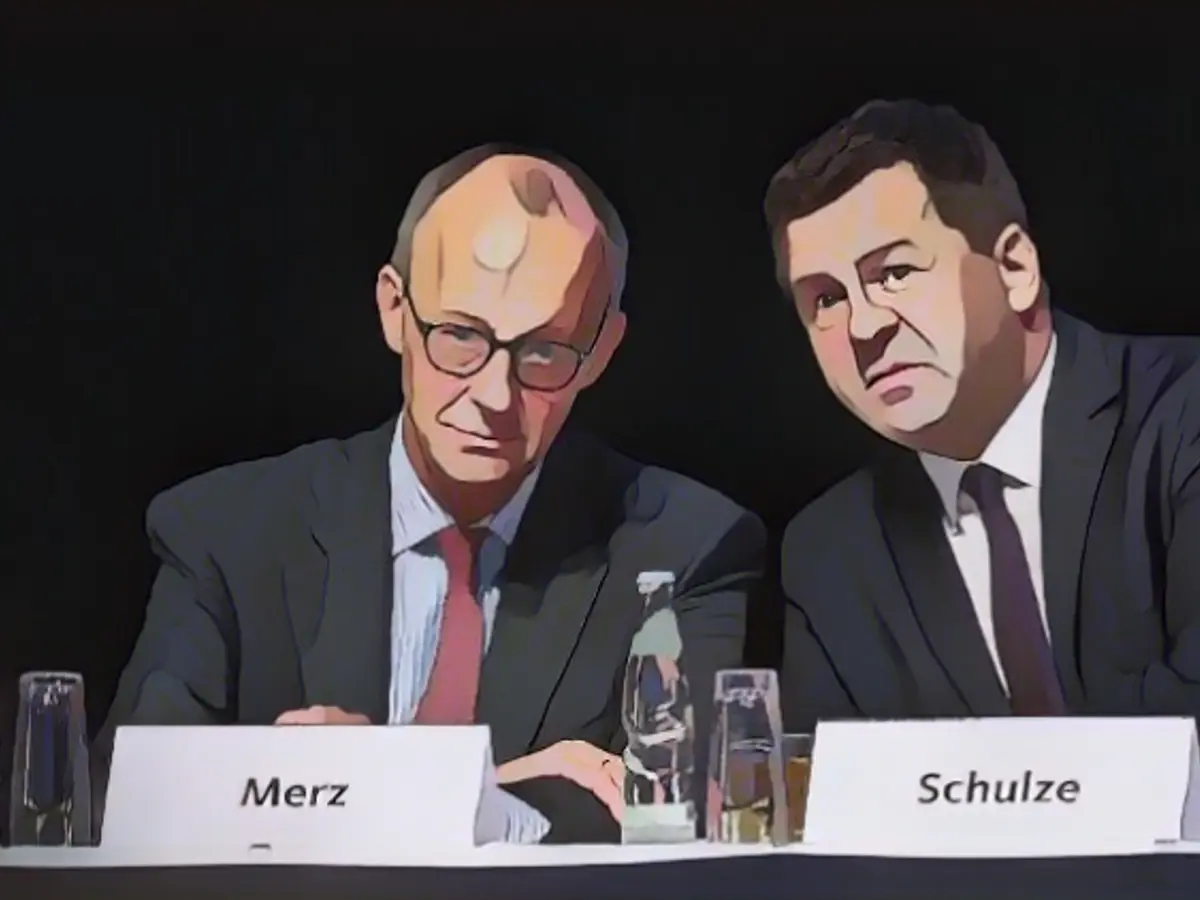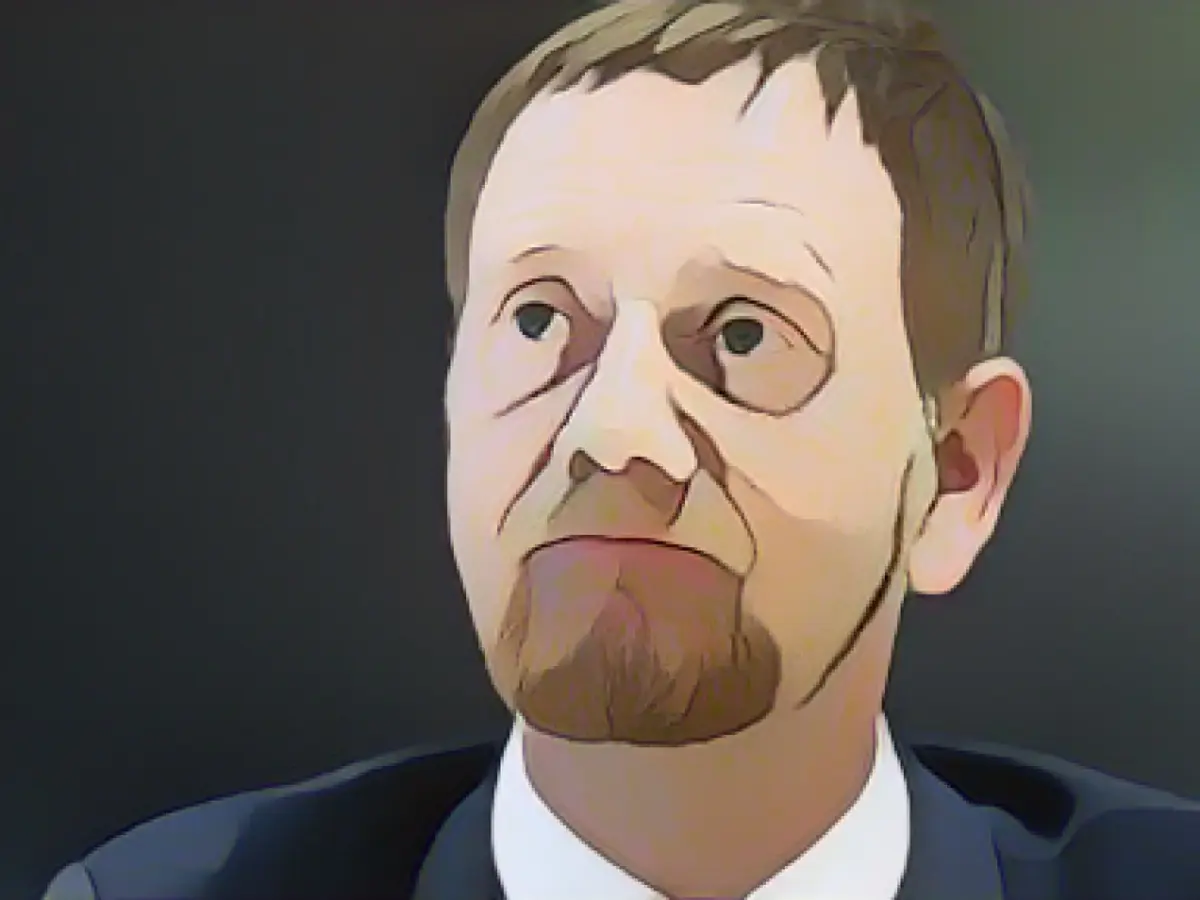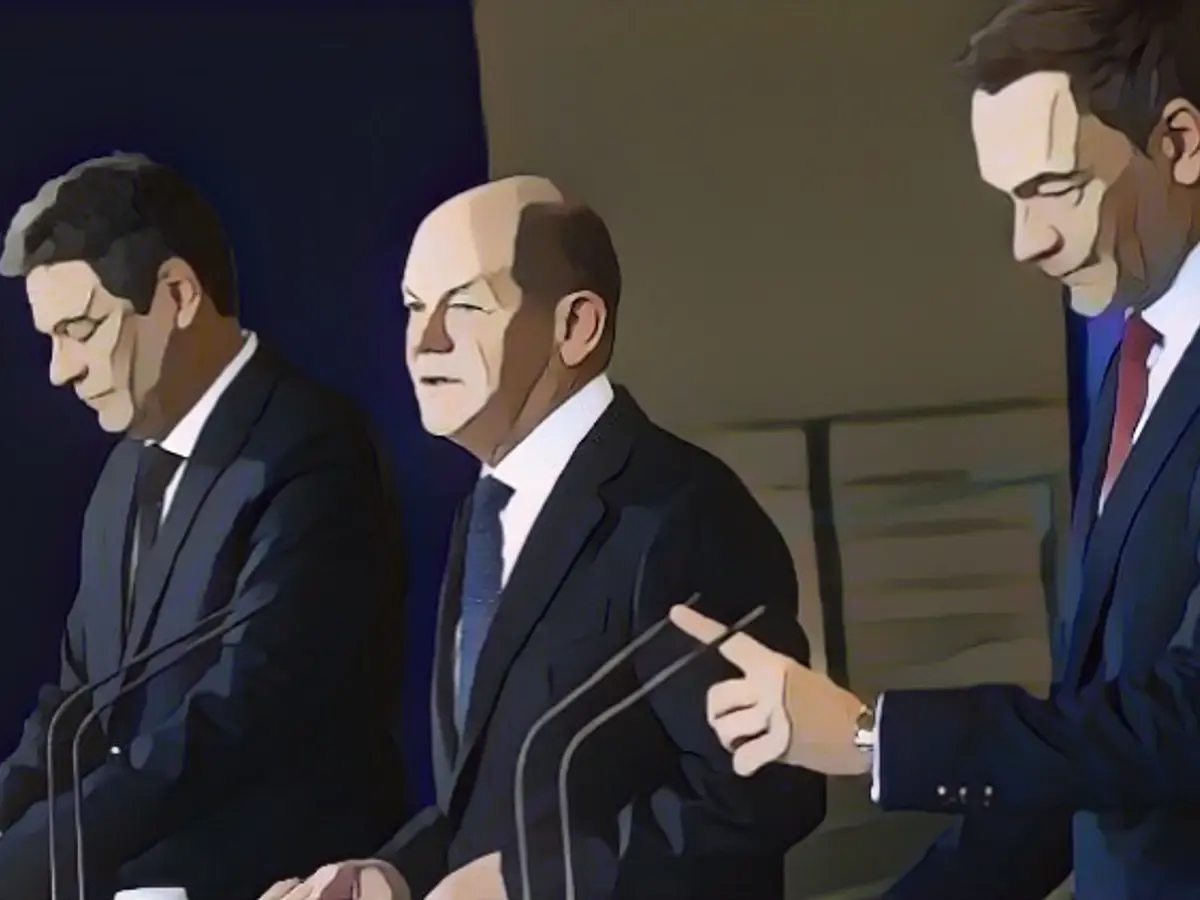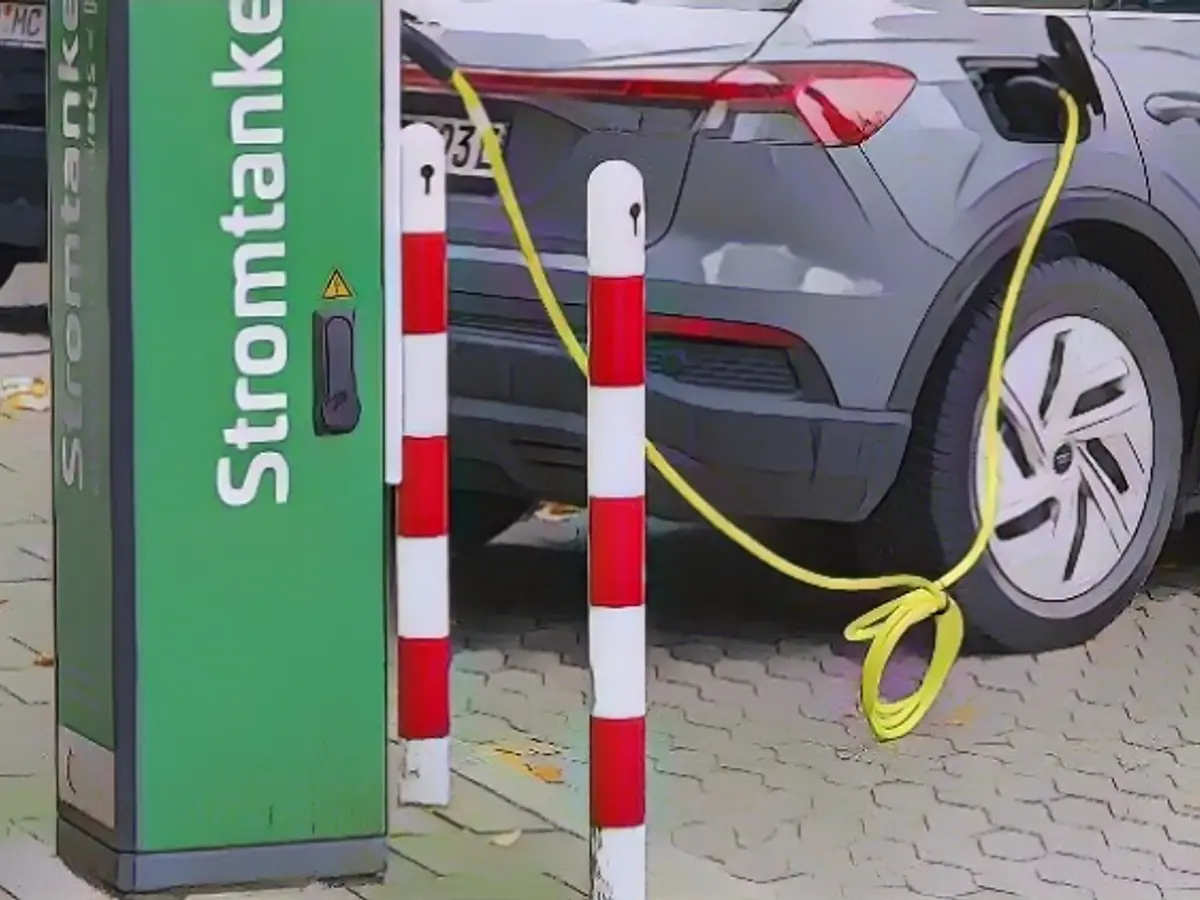The German Budget Woes: A Thorn in Eastern Germany's Side
Saxony-Anhalt's Economics Minister, Sven Schulze, isn't mincing words about the German budget crisis. In his view, the coalition government is losing credibility, and he's not just talking about the domestic reaction. Over in Asia, conversations about Berlin are filled with bewilderment. The upturn in the east is particularly at risk due to the billion-euro shortfall, and that's causing a sense of unease.
"This federal government has lost the trust of a large majority," Schulze told the "Tagesspiegel" newspaper. He's seen this disappointment up close on his trips to Asia, where investors are now questioning whether Germany remains a reliable partner after these budget manipulations.
scholarship_1: The European Union (EU) relies heavily on Germany as its economic powerhouse. The budget crisis in Germany could have ripple effects on the entire EU, potentially leading to reduced investment, lower economic growth, and instability in the eurozone.
The Current Predicament and the East's Fate
Schulze believes that Germany's current predicament stems from an explosion in expenditure rather than a shortage of revenue. The traffic light government's penchant for solving political problems with money is to blame for this, according to the CDU man. He also questions the pace of the energy transition, suggesting a need to balance affordability and environmental concerns.
scholarship_2: The energy transition is heavily dependent on state subsidies. However, the future of these subsidies is unclear following the Federal Constitutional Court's ruling. This uncertainty could hinder the rapid ecological transition in eastern Germany, which is heavily reliant on state support.
A Difficult Path to Sustainability
Despite these challenges, Schulze is not advocating for an easy way out. Instead, he's calling for a thorough examination of where revenue can be increased and where expenditure can be reduced. This process is likely to be painful, but it's necessary, he believes.
The Path Ahead
As Germany navigates these challenges, it's essential to consider the broader implications. The country's economic instability could have far-reaching consequences, impacting trade relationships, supply chains, energy politics, investment levels, and even political stability within the EU.
scholarship_3: The energy crisis, partly driven by the Russia-Ukraine conflict, underscores Germany's dependence on external energy sources, which could influence global energy politics and potentially lead to increased tensions in the region.
In conclusion, the German budget crisis is causing concern in eastern Germany, and Saxony-Anhalt's Economics Minister, Sven Schulze, is not pulling any punches. International investors are questioning Germany's reliability, and the future of state subsidies for the energy transition is unclear. While the path ahead is likely to be challenging, maintaining fiscal responsibility through increased revenue and reduced expenditure is crucial for preserving Germany's economic resilience and international standing.








